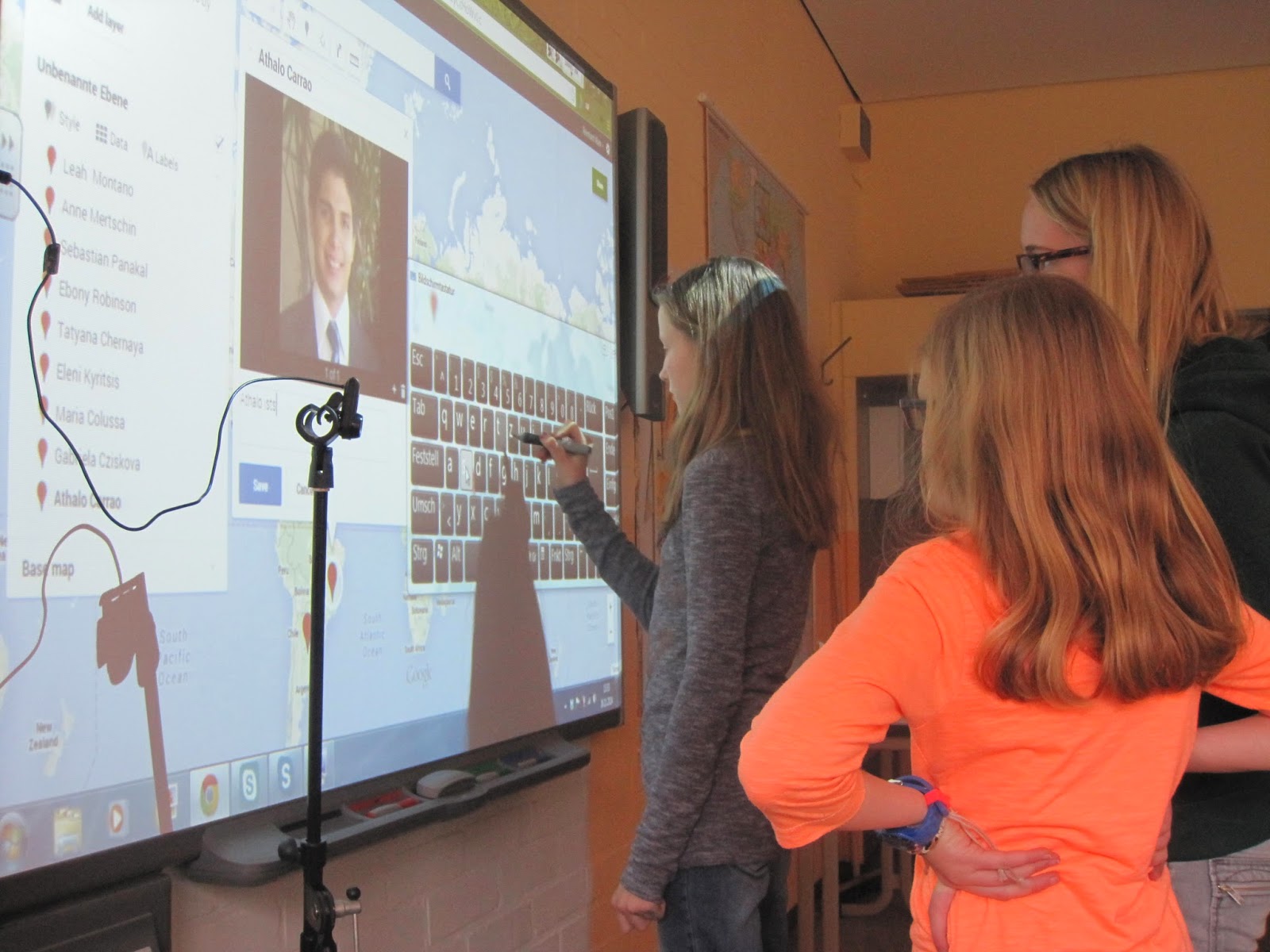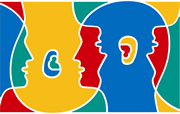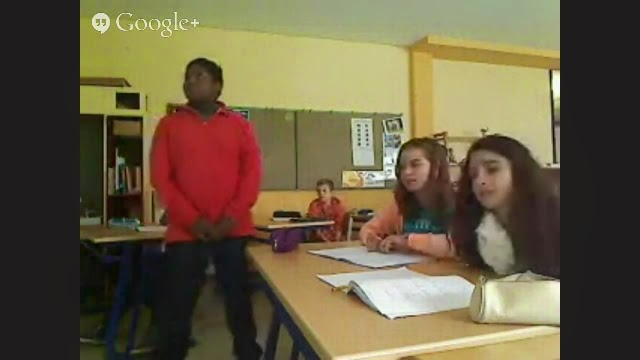During spring time in grade 8 students at our school visit different local companies every year. They get a view into the companies and ask questions afterwards to find out what they do or produce and what the vocational situation is all about.
Usually the students prepare some presentations on papers afterwards to let other students know about these situations. Interested final students may apply for a vocational education there.
 |
| (At SKS they got important information ... |
This year my students prepared a slide show they presented to an international audience. They visited our regional hospital named "Karolinen- Hospital" in Arnsberg- Hüsten, the SKS company in Sundern and the local municipality of Sundern.
 |
| ...about history, products and education at this company.) |
 |
(The emergency room at Karolinen-
Hospital in Hüsten) |
 |
(At the municipality: students got information about
the structure of this office and how to apply for an
education) |
Later, during their English lessons, they prepared an English version of the presentation.
On 26th June they had to present the results of their research to many teachers and students from abroad.
 |
(students are reporting about the apprenticeship doing your vocational education at the regional hospital. Jury members (small pics below) at that time are Lin-Lin Tan, English teacher, and her class from Taiwan, Maria Colussa, English teacher from Argentina, Monika Kern, Cognition Educator and Digital Technologies Facilitator, from New Zealand and Sebastian Panakal, English teacher from India (from left to the right).)
|
 |
(Blinera, Joenna and Yvonne presented our regional hospital
"Karolinen- Hospital" in Hüsten ... |
We used two video channels (from nine
maximum) for the presentations of the students. One laptop (this one in front) took the video from the students in front of the SMART- Board, the second laptop relayed the slideshow and the audio signal to the board and to the audience.
 |
| ... as well as Vanessa, Lena and Aysun ... |
 ... as well as Leon, Antonia, Jasmin and Marie- Christin.)
... as well as Leon, Antonia, Jasmin and Marie- Christin.)
 |
Tobias, Felix and Stefan presented the local comapany
SKS from Sundern ... |
All three topics were presented by more than one group. The foreign jury members and local teachers had the opportunity to compare digital presentations and the variety of the gathered information among those groups of the same topic.
 |
| ... as well as Alica, Marie and Norina. |

While Mr Marx tried to manage the technique and supported students' motivations, the English teacher, Mr Baier, stood backstage in the classroom, listening and watching the students presentations.
 |
| (Jasper, Felix and Jona reporting about the municipality of Sundern ... |
Seven German students' groups in this class did their presentations, got comments from the viewing teachers and students and they vote for the best presentation typing in points into a prepared internet spreadsheet.
 |
| (... as well as Taulant, Yannic and Lukas.) |
 |
(Cerita Hsu, English teacher from Taiwan (on the board) typing
in points into the spreadsheet.) |
Mr Baier used these small time slots as opportunities to gather his own and all comments from the guest jury members into a brief statement after each presentation while the jury members were typing in the points into the spreadsheet.
Then the jury members sequence changed and the seven German students' groups restarted their presentations, trying to involve these comments into their second issue. The second issue ended like the first one. The jury changed again and the students did their third issue. They got the chance to present their slideshow 5 times during this 4 hours' event.
 |
(jury members changed meanwhile: Cerita Sue, English teacher from Taiwan,
Kim Nilsson, ICT teacher from Sweden, Livingston Kegode,
English teacher from Kenia, Sebastian Panakal and Tracy Hanson, educator from the USA) |
The winners' group (on the picture right hand) had a difference of 0,8 points only to the second winner.
Thanks to all jury members, about 40 international guest from North and South America, Africa, Europe, Asia, Oceania and Australia; foreign teachers, educators and teachers' trainers who took their time joining this presentations; to the German students and to the English teacher Mr Baier.
 |
(The final jury members had some more
time to comment on the presentations:
Joe Mc Nulty, ICT teacher from Newton, PA, USA and
Eman El Amin, senior student, Kharthoum International School,
Khartoum, Sudan) |
All participants of this event learned a lot. Hopefully we can repeat such a presentation during this actual school year as well. See you soon!
































